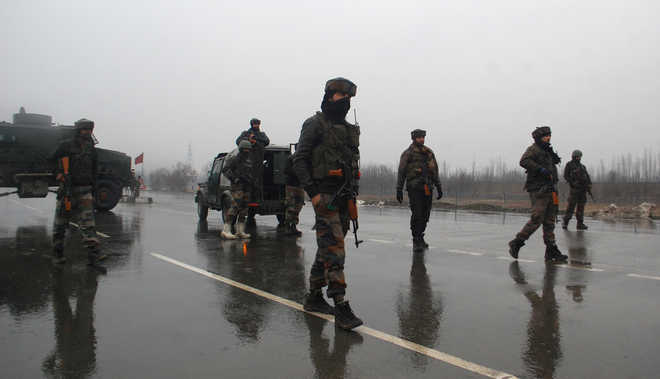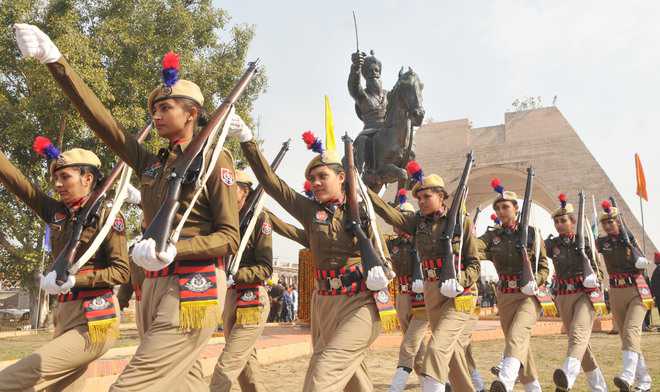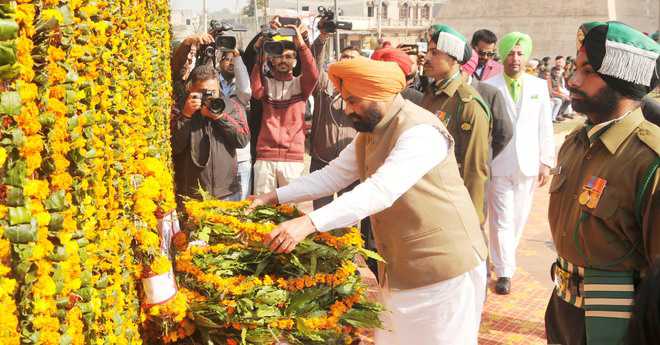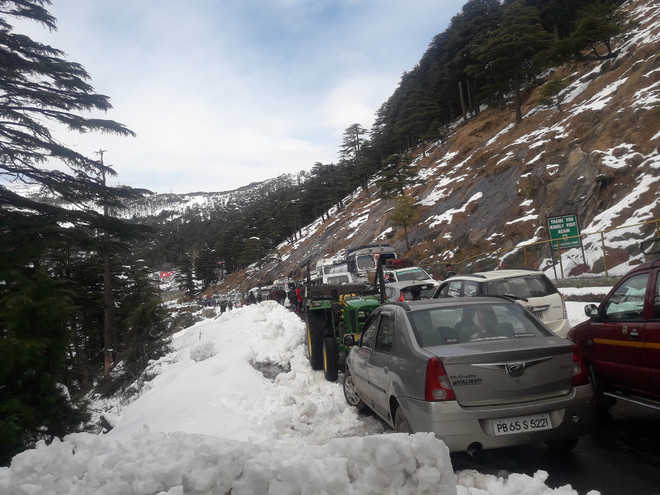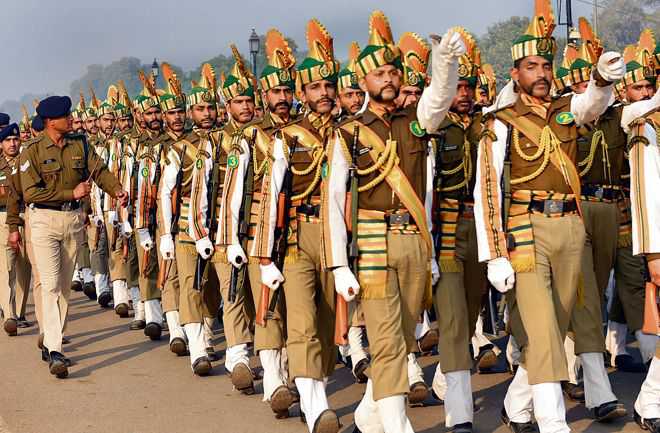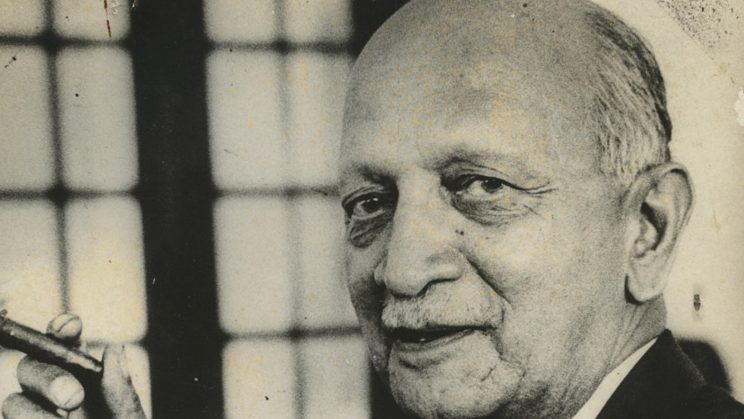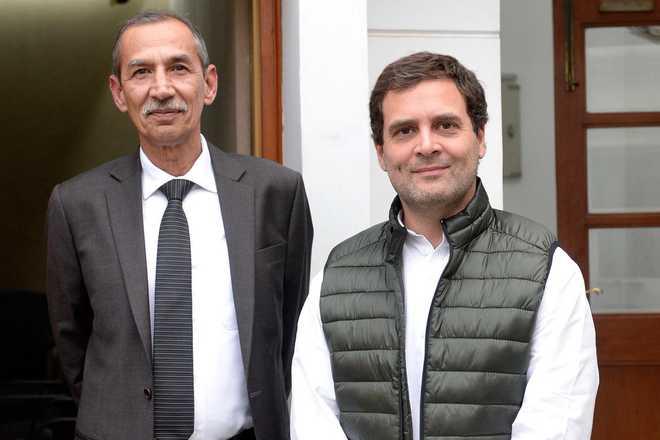
New Delhi, February 21
D S Hooda, a former Northern Army commander and main architect of the 2016 surgical strikes on terror launch pads in PoK, will head a Congress task force on national security.
Party president Rahul Gandhi met Hooda and discussed the modalities of the panel.
“The Congress president is setting up a ‘task force on national security’ to prepare a vision paper for the country,” a party statement said.
Hooda will lead the panel and prepare the paper in consultation with a select group of experts, it said.
Hailing the step, Congress spokesperson Priyanka Chaturvedi tweeted, “Yet another positive and welcome step towards a strong nation and stronger national security by Congress President @RahulGandhi. The experience that Lt Gen (Retd) D S Hooda brings in, will benefit the nation in the long run.”
In another tweet, she said, “The only thing they will find is Surgical Strike and How’s the josh?! :))”
Reacting to the development, former Jammu and Kashmir chief minister and National Conference leader Omar Abdullah said the Congress couldn’t have had a better officer to advise them on national security.
“Lt Gen Hooda is a credit to the uniform he has worn. I had the privilege of having him as my security advisor when he headed 16 corps in Nagrota,” he tweeted.
The Congress has been accusing the Modi government of politicising the surgical strikes.
On September 29, 2016, the Army had carried out the strikes on seven terrorist launch pads across the Line of Control (LoC) in retaliation to an attack on its base in Uri earlier that month.
Last December, responding to a question during a panel discussion at the Military Literature Festival in Chandigarh, Hooda had said that in hindsight, it would have been better had “we done it (surgical strikes) secretly”.
He had also said the initial euphoria about the success of the surgical strikes was natural but the constant maintenance of the hype around the military operation was unwarranted. PTI
Lt Gen Hooda to lead Congress panel
NEW DELHI: Former chief of the army’s northern command, Lt Gen DS Hooda (retired), under whose watch the 2016 surgical strikes were conducted, will head a Congress task force on national security, a party statement said on Thursday.
ANI■ Lt Gen DS Hooda (retired) and Congress president Rahul Gandhi in New Delhi on Thursday. Lt Gen Hooda will lead the party’s task force on national security and help prepare a vision paper.“The Congress president is setting up a task force on national security to prepare a vision paper for the country. Lt Gen DS Hooda (retd) will lead the task force and prepare the paper in consultation with a select group of experts,” the statement read. Hooda maintained that he has not joined the Congress party and there is no such plan in the near future.
Hooda was the main architect of the surgical strikes carried out by the Indian Army on September 29, 2016, on terror launch pads along the Line of Control (LoC) in retaliation to an attack on its base in Uri earlier that month, in which 19 Indian soldiers were killed.
He had met the Congress president some time ago and agreed to head the panel that will also comprise professionals such as diplomats and senior police officers.
“I will head the task force which is basically going to look at national security challenges, give recommendations and prepare a national security strategy for the next five years,” Hooda said. Asked if there is a specific timeframe to submit the report, he said, “There is no timeframe but I am looking at one month.” Hooda will pick the members of the task force. “We are looking at a mix of security professionals, including diplomats, uniformed people and police members,” he said.
In December, Hooda had remarked that it would have been better if the 2016 surgical strikes were carried out secretly. The Congress president used the remarks as a handle to attack Prime Minister Narendra Modi, alleging that he used the strikes for political capital. “In hindsight, it would have been better had we done it secretly,” he had said, responding to a question during the Military Literature Festival in Chandigarh on December 7 last year. He had also said that it was natural to have “initial euphoria about the success but the constant maintenance of hype around the military operation was unwarranted”.
Hooda had underlined that the military leadership must guard against becoming a tool in the hands of politicians.
Gandhi took to Twitter to hail Hooda. “Spoken like a true soldier General. India is so proud of you. Mr 36 has absolutely no shame in using our military as a personal asset. He used the surgical strikes for political capital and the Rafale deal to increase Anil Ambani’s real capital by 30,000 Cr,” he tweeted.
Hooda retired from service a few months after the surgical strikes. When the National Security Advisory Board, which analyses internal and external security issues, wanted someone to take a hard look at ways to optimise resources for the armed forces, it turned to Hooda. The officer recommended the possibility of cutting down the size of 1.2-million strong army by creating a reserve and making the special forces a strategic resource.
“This… is a very good idea in principle. Critics might say that it risks further politicising the military, but all political parties could only benefit from greater expertise in national security,” said Fellow, Brookings India, Dhruva Jaishankar.






















































